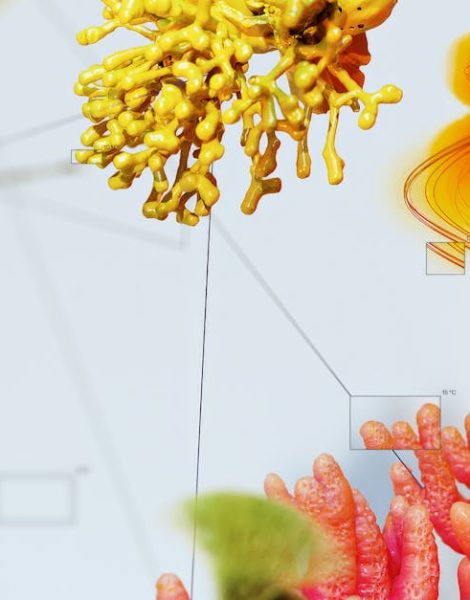The landscape of work is evolving rapidly, influenced by various technological advancements, with Artificial Intelligence (AI) at the forefront of this transformation. From automating mundane tasks to enhancing decision-making processes, AI is reshaping the workplace, redefining roles, and creating new opportunities. In this blog post, we will explore the multifaceted impact of AI on the future of work, its advantages, and the potential challenges it presents.
The Transformative Power of AI
AI is not just a buzzword; it has become a critical component in driving efficiency and productivity across various sectors. Here are some ways AI is transforming the working environment:
- Automation of Routine Tasks: AI tools can perform repetitive tasks, such as data entry and scheduling, freeing up employees to focus on higher-value work.
- Improved Decision Making: With data analytics and predictive algorithms, AI systems assist businesses in analyzing large datasets, leading to more informed decision-making.
- Enhanced Customer Experience: AI chatbots and virtual assistants provide instant customer support, improving engagement and satisfaction levels.
- Remote Work Optimization: AI tools facilitate seamless communication and collaboration amongst remote teams, thus supporting the growing trend of telecommuting.
The Benefits of AI in the Workplace
The integration of AI into the workplace comes with numerous benefits that can transform how organizations operate:
- Increased Efficiency: By automating tasks, AI helps reduce human error and operational costs, leading to increased productivity.
- Personalization: AI enables organizations to tailor their services and products to meet the specific needs of their customers, driving loyalty and sales.
- Scalability: AI systems can manage increased workloads without the need for proportional increases in labor, allowing companies to scale up rapidly.
- Enhanced Data Security: AI technologies can identify patterns and anomalies in data, significantly improving cybersecurity measures.
AI and Job Creation
While there are concerns about AI leading to job displacement, it is equally important to recognize the new jobs that AI is creating. As technology evolves, so do the skills required in the labor market. Some emerging roles include:
- AI Trainers: Professionals who teach AI systems to understand different data sets.
- Data Analysts: Experts who analyze the data generated by AI systems to derive insights.
- Ethical AI Specialists: Individuals focused on developing ethical guidelines and frameworks for AI usage.
Challenges and Considerations
Despite the many advantages of AI, there are potential challenges that organizations must navigate:
- Job Displacement: Certain roles may become obsolete, leading to potential unemployment for those unable to transition to new positions.
- Data Privacy Concerns: The use of AI raises issues around data security and the ethical handling of personal information.
- Dependence on Technology: Over-reliance on AI systems can lead to decreased critical thinking skills and intuition among employees.
Fostering a Symbiotic Relationship
The key to harnessing AI’s potential lies in fostering a harmonious relationship between humans and machines. Organizations should focus on:
- Continuous Learning: Implementing training programs that help employees adapt to new technologies and develop relevant skills.
- Collaboration: Encouraging teams to work alongside AI technologies, blending human creativity with machine efficiency.
- Ethical Frameworks: Establishing guidelines to ensure responsible AI usage that prioritizes employee welfare and customer trust.
Conclusion
AI is undoubtedly shaping the future of work—creating a landscape filled with both opportunities and challenges. By understanding the transformative power of AI, organizations can strategically adapt and prepare for a future where human creativity and AI innovation coexist. **Embracing this change is not just an option; it’s a necessity for a successful and sustainable work environment**. As we move forward, the question remains: how will you integrate AI into your work life to harness its full potential?
For more insights on technology’s impact on work, check out this article on Forbes.








